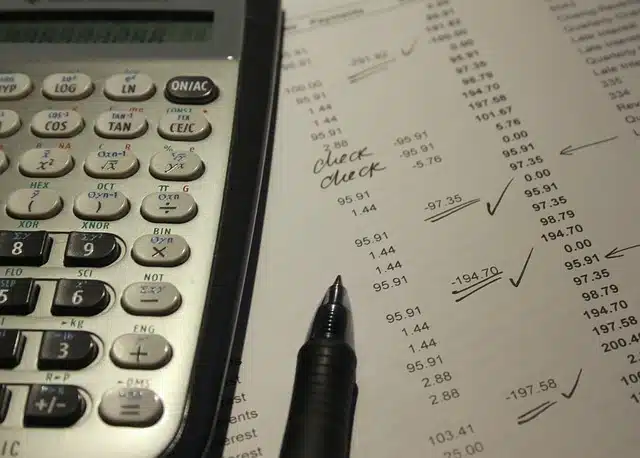
Accounting provides useful information for making economic decisions.
Art, technique or science? That is the debate around accounting , although the dilemma, in reality, has no answer. Although it is considered a science since it provides true knowledge (which can be systematized and verified and which is fallible), and not assumptions, this does not seem sufficient to consider this nomination true, and the most accurate thing would be to say that it is not It is neither a science nor an art, but rather a way of recording the economic or financial activities of a legal entity. In a word, accounting is a tool we have to manage the expenses and income of our company.
Accounting comes to life through the formulation of hypotheses and the construction of theories that allow us to anticipate and detail the phenomena of its object of study. On the other hand, it is considered a technique since, based on its procedures, data can be processed and applied.
Accounting, then, can be considered as a science or technique that has the objective of providing useful information for making decisions linked to the economy . It is dedicated to analyzing assets and translates its results into so-called accounting or financial statements, which summarize economic situations.
Types of accounting
To fully understand accounting, it is necessary to establish three types of it: public accounting (controls the expenses incurred by the state), social accounting (management of public affairs and the obligations that individuals and the state have between each other). and with the environment in which they live) and business (analyzes the commercial relationships of an individual or a company).
The scientific study of accounting had its origin in 1494 , when Luca Pacioli (known as Fray Luca de Borgo Sancti Sepulchri ) published his work "Summa de Arithmetica, Geometry, Proportioni e Proportionalita" . The object of study of accounting (equity) is usually represented graphically in the shape of a T: a column on the left includes what is owed (debit), while on the right is the credit or asset.
Other major types of accounting are financial or external accounting, which provides information about the financial status of a company to interested economic agents (such as clients, investors and suppliers) and which is officially regulated, and management or internal accounting , which is used to calculate costs and economic movements within a company.

Accounting can be classified in different ways.
Your goals
If we search theoretical accounting books we can understand that its fundamental objectives are two: interpret the past to make decisions that affect the future in a positive way and record all economic and financial operations. If we try to break down these ambiguous reasons, we can say that accounting serves to:
*Analyze and report the economic resources of an entity;
*Allow administrators to correctly plan and direct commercial transactions ;
*Control and keep a record of the efforts of the administrators and the tax burdens of the entity;
*Help predict money flows ;
*Collaborate with the necessary information when compiling national statistics on economic activities.
